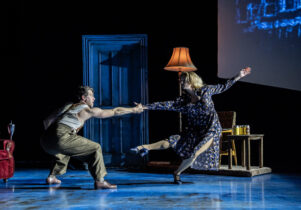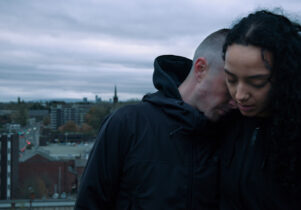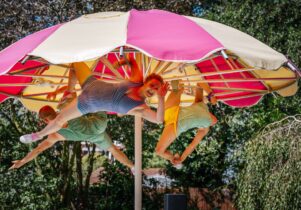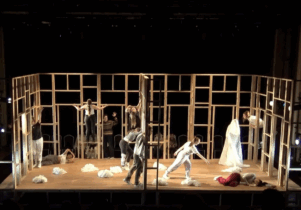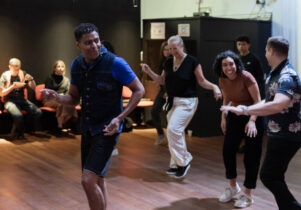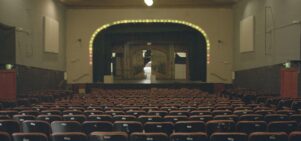Wallflower at New Adelphi Theatre
Kristy Stott, Theatre EditorBook now
Wallflower
Always double check opening hours with the venue before making a special visit.
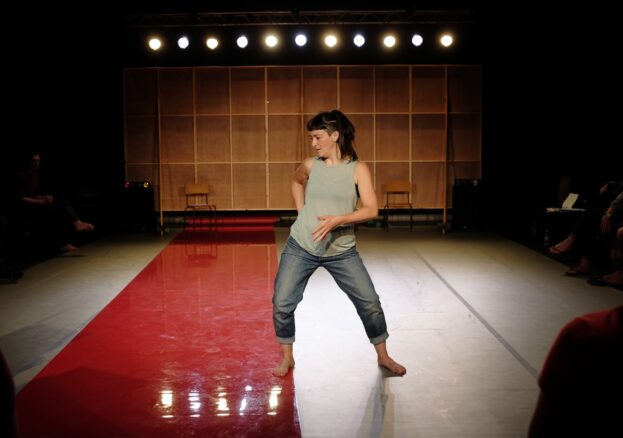
Can you remember every dance that you have ever danced? Well, the people on stage in Wallflower are trying to remember every single one. Some of those people who take to the stage are professional dancers while others are not. Some may even tell you that they can’t dance at all.
Wallflower is a show about dancing by Quarantine, a Manchester-based award-winning theatre and performance company. Live on stage at Salford’s New Adelphi Theatre, four performers will try to remember every dance they’ve ever danced in a unique durational work.
Richard Gregory, director and co-founder of Quarantine set out to explore the relationship between movement and our memories; the idea that a remembered movement or dance can ignite our memory and send us on a journey into the past. The result is Wallflower, an epic five-hour piece of shared dance autobiography.
There may be memories from the days of Top of the Pops, of dancing on the carpet in your living room; dancing alone all night at a party; of whirling across a balletic stage or of a repeated tic – a repetitive movement that feels like dancing; of learning to waltz with grandparents or dizzily spinning around a playground with your friends. Spanning a lifetime of music, fashion, politics, friendships, parties, love and loss, Wallflower is a show about how dancing can shape our lives.
Wallflower director Richard Gregory says: “These are live self-portraits. It’s an ongoing process of tangling and untangling personal histories. As we look at the portrait of another, we might also somehow see ourselves. I’m drawn to the difference between what we think we’re showing and how we’re being seen. Dance appears to be a potent way to do this – it’s familiar to us all, whether we choose to sit on the sidelines or jump right in…”
This is a superb opportunity to catch one of Manchester’s finest companies in a durational performance set-up. The show is a real marathon for the dancers onstage, physically and mentally, particularly in that last hour. The audience are free to come and go as they please – however, there’s a rich and profound satisfaction gained from having the endurance to stick around until the end.













